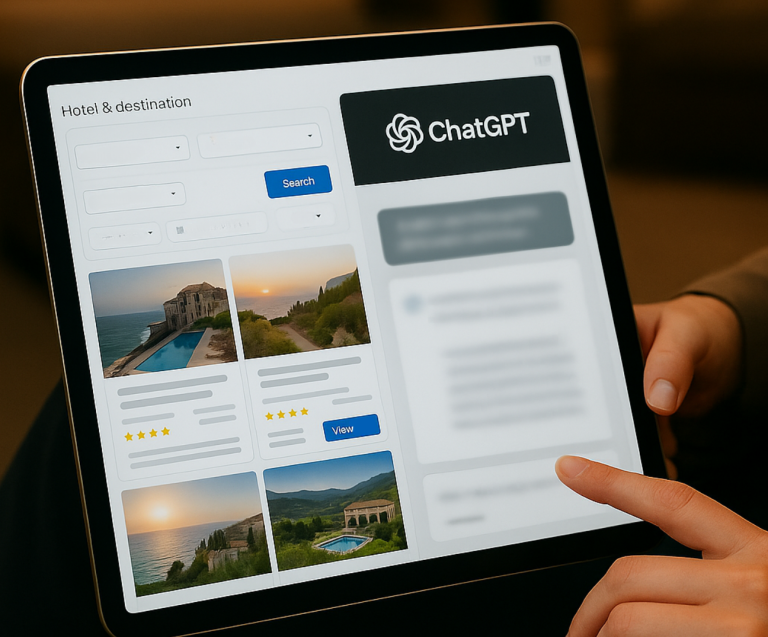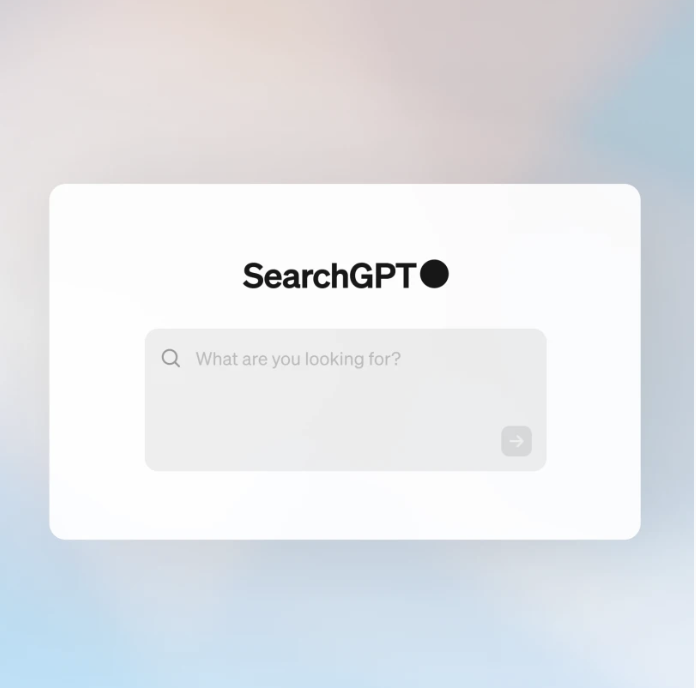Google's AI Mode: What It Means for SEO and Paid and How Brands Can Adapt
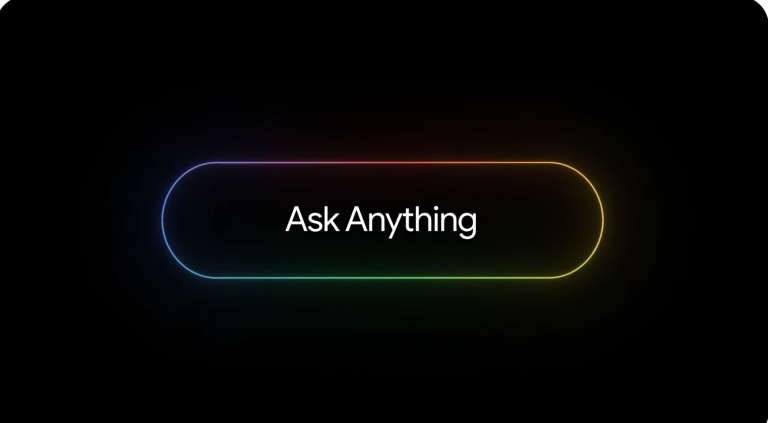

Google rolled out its AI Mode across the UK last month, a search feature that promises to reshape how search engines function. With search becoming more conversational, AI is changing the way we discover information and how brands can position themselves in search results. According to recent coverage by the BBC, the impact of AI on SEO is expected to be significant, which means brands need to start preparing for this shift.
What is Google’s AI mode?
Google’s AI Mode is a new search experience powered by artificial intelligence, offering more conversational, context-aware answers to user queries. Unlike traditional search, where users manually find information by clicking through links, AI Mode provides more direct, relevant responses by exploring multiple related topics at once to address the user’s intent. This could mean everything from directly answering questions to summarising information across multiple sources.
How AI mode will redefine search
Google’s new AI-powered search feature could change how users interact with search engines. Here’s a breakdown of what’s likely to happen:
- Shift from keyword-based to conversational queries: As AI allows for a more nuanced understanding of language, search queries will become less rigid and more natural. Users will no longer need to fit their queries into keyword-heavy phrases. Instead, they’ll ask questions as they would in a conversation.
- Impact on zero-click searches: With AI mode providing direct answers on the search results page, zero-click searches will likely increase. In these cases, users get the information they need without ever needing to click through to a website. Brands will need to optimise for appearing in these direct answers, which will be highly competitive.
- Voice search implications: As voice search becomes more mainstream, AI-driven search will make it easier for devices to respond accurately to spoken questions. This shift could lead to more long-tail, conversational queries and further complicate traditional keyword strategies.
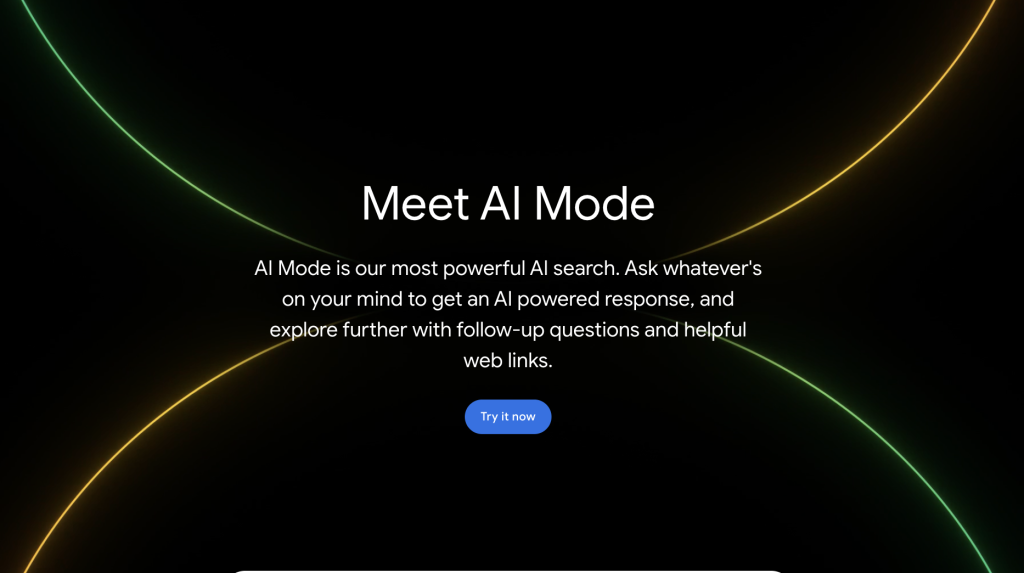
Impact on SEO
The rise of AI Mode brings its own challenges, but it also opens up new opportunities. For businesses relying on SEO for organic growth, here’s what we know so far:
Conversational search evolution
As search queries become more conversational, users are increasingly phrasing their questions as if they were interacting with a voice assistant. This shift offers brands a new opportunity to rethink their content strategies with AI search engines in mind. By aligning content with how people naturally ask questions, businesses can connect with their audiences on a deeper level.
Rather than focusing purely on keyword density, brands can develop helpful content that answers users’ questions comprehensively, positioning themselves as trusted authorities. This approach not only makes content more engaging and human-centred, but it can also lead to increased user satisfaction, brand loyalty and better visibility in AI search engines.
Traffic quality enhancement beyond traditional rankings
While AI-generated answers may change traditional click-through patterns, this shift brings a significant advantage. The traffic that does convert is highly qualified.
Users who click through are already pre-filtered by AI responses, indicating genuine interest in what you offer. This change, focusing on quality over quantity, can boost conversion rates and reduce exit rates, making every visitor more valuable.
Additionally, when your brand is cited in AI-generated answers, it builds authority and trust, even if direct clicks decrease.
New success metrics and authority building
As zero-click results increase, traditional KPIs are no longer enough to measure success. SEO professionals now have the opportunity to track new, more meaningful metrics in AI responses, like citation frequency, brand mention rates, and authority signals.
These new indicators often correlate with stronger long-term brand positioning than traditional rankings alone.
Organic strategies for AI search
- Adapt your content strategies: Create high-quality, conversational content that aligns with the way users ask questions. Focus on providing comprehensive answers to specific queries. Also, structured data, such as FAQ schemas or Q&A sections, will become even more important for appearing in AI-powered responses.
- Focus on quality and expertise: Google’s AI is designed to prioritise authoritative, expert-driven content. Ensuring your content is well-researched and demonstrates your expertise in your industry will help you stay competitive in the new AI-driven search landscape.
- Prepare for predictive SEO: The future of SEO is not just about responding to current search trends but also predicting what users will ask. Use AI tools to forecast trends and understand evolving search behaviours to stay ahead of the curve.
Impact on PPC (Paid Ads) strategies
With AI Mode now being fully rolled out, it marks a significant shift from its initial testing phase. Google has since expanded AI Mode to over 180 countries and territories, demonstrating the platform’s move from experimental feature to mainstream search experience. For businesses relying on PPC (Pay-Per-Click) ads, this widespread rollout means the impact on search behavior is now measurable and immediate rather than speculative. Here’s what we know:
Better search-to-purchase flow
During testing, AI Mode demonstrated its ability to bridge the gap between search and purchase more effectively than ChatGPT. For example, when searching for “best running trainers,” AI Mode not only listed trainers by category but also showed retailers and prices in a side section. This could lead to improved user experience by making it easier for users to make purchase decisions without having to click through multiple search results.
No ads in AI mode…yet
As of now, no ads are running on the AI Mode platform. However, Google has acknowledged the likely future integration of paid ads into AI Mode and test are underway in the US. If this is to be rolled out globally, businesses will need to rethink their paid search strategies, considering the rise of AI-generated content.
Impact on ad clicks
The Climbing Trees team has set up alerts to monitor any potential impact of AI Mode on ad clicks. While it’s still too early to make definitive predictions, it’s clear that businesses will need to stay nimble and adapt their paid search strategies as AI Mode evolves. Understanding how ads will appear in AI-driven results and preparing for any changes will be critical for PPC performance moving forward.
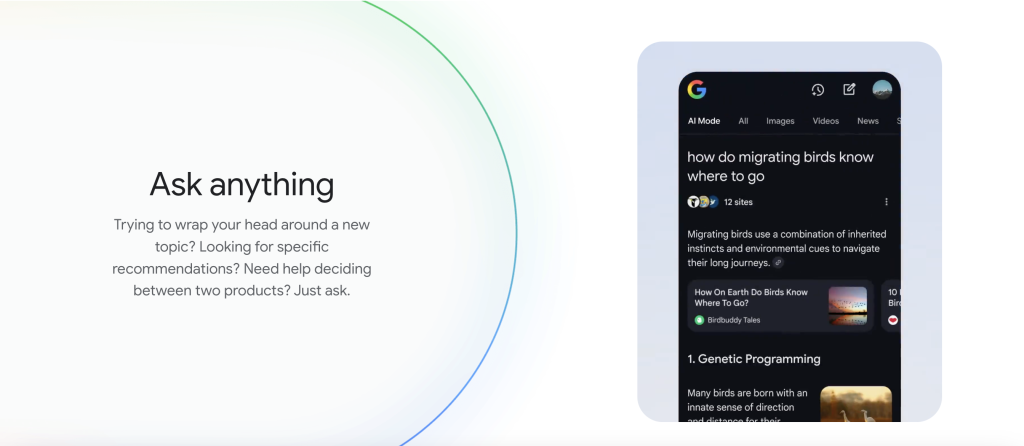
PPC strategies for AI search
- Stay alert for ad integration: While ads aren’t yet present in AI Mode, it’s only a matter of time before Google incorporates them. Ensure your PPC campaigns are optimised to perform well alongside AI-driven results by focusing on product-specific queries and user intent.
- Focus on search-to-purchase flow: AI Mode’s ability to provide information alongside pricing and retailer details could impact how ads need to be presented. Businesses may need to adjust ad copy, ad formats, and product feeds to complement the AI-powered search experience.
- Monitor impact on ad clicks: Keep a close eye on how AI Mode influences your ad clicks and adjust your bids or targeting strategies as needed. This new search format could affect how competitive the paid search space becomes.
Preparing for the future of AI-driven search
The transition to AI Mode in search is not just a passing trend; it’s the future of how we discover information and make purchases online. Businesses that adapt early and optimise for both organic search (SEO) and paid search (PPC) will have a distinct advantage. The key is to focus on writing high-quality, expert-driven content that is optimised for conversational queries. Equally important is preparing for the rise of zero-click searches and the eventual integration of paid ads.
If you’re ready to navigate the AI-driven future of search, we’re here to help. Let us guide you through this evolving landscape and ensure your brand stays ahead of the competition.
How can we help you?
Need to adjust your SEO or PPC strategy for AI-driven searches? Let’s chat.

